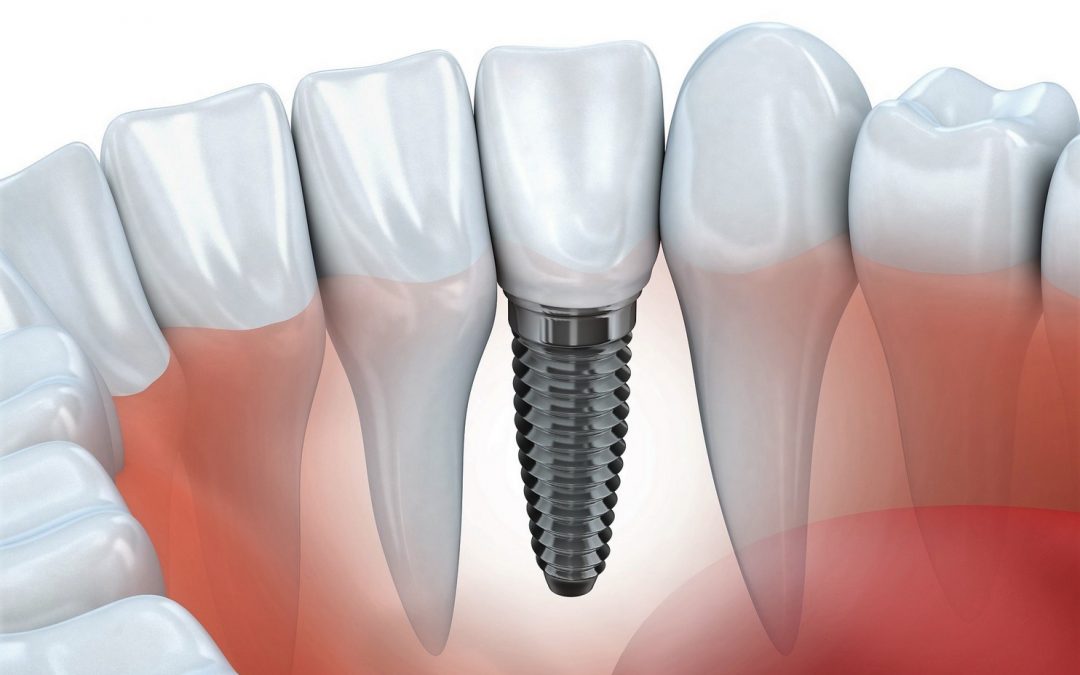Dental implants can correct your oral health problems, including failing teeth, bad teeth, missing teeth, gum disease, and bad breath. They also offer increased stability, a better ability to chew and an improved capacity to taste food. Since the procedure is surgery, you may be apprehensive, so knowing what to expect can make all the difference.
Dental Implant Consultation
After an initial inquiry, your next step is to set up a consultation with a dentist. Together, you determine your needs, assess your oral health, discuss your medical history, review financing, and introduce specialized treatment options.
Dental Examination
Once your procedure is scheduled, your dentist evaluates the area of your mouth where the dental implants will go. A 3D CT scan allows a dentist to evaluate the quality and density of the bone in your jaw. An impression of your teeth may also be taken so that your dentist can create the ideal treatment plan for you. Your dentist also determines whether additional procedures may be needed. If you’ve already lost a significant amount of bone, your doctor may bring up the possibility of a grafting procedure to add bone or create new bone, in your jaw.
Dental Implant Placement Procedure
As with any dental surgery, there can be discomfort during the dental implant procedure. To make it as pain-free as possible, there are various levels of sedation that can be used. If necessary, any teeth that need to be removed are extracted prior to the implant placement. After these teeth are removed, the dental implants are placed in your jaw bone and the replacement teeth are then be placed over that.
Depending on your situation, your newly-placed implants may be left undisturbed for several weeks to a few months while the surrounding bone and soft tissue heal, or you may leave with a provisional dental implant-supported bridge designed to last up to six months and give your jaw time to heal.
Maintenance and Follow Up
After a dental implant, it’s important to protect your new smile. Regular care requires daily brushing and flossing, as well as regular checkups and cleanings. Your dental implants act and look just like real teeth, so you should treat them the same way.
Looking to get dental implants in Cobb County Georgia? Give us a call today at West Cobb Dentistry and see how we can help!

